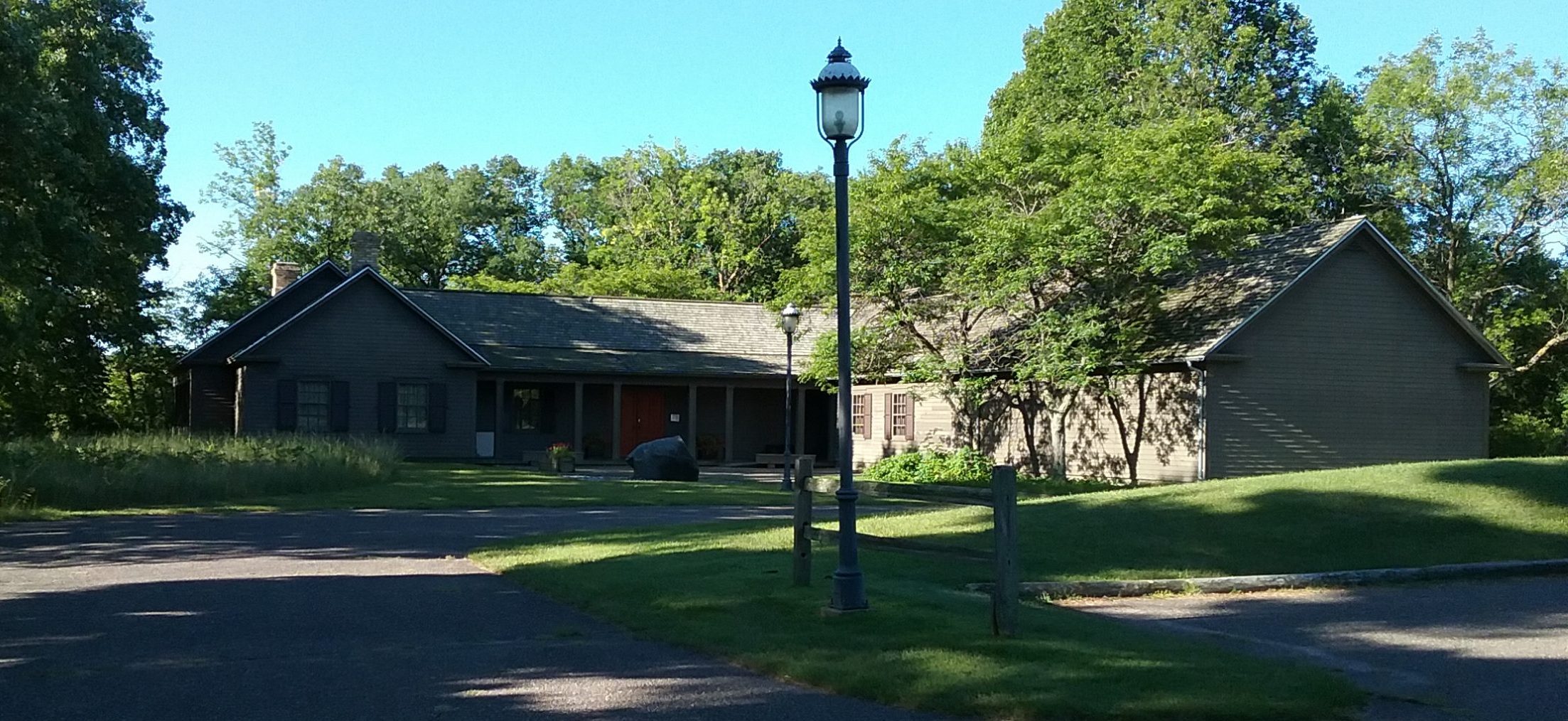While we haven’t posted a new “What’s It Like” essay in a while, the project is still simmering. We recently received a long essay covering a wide variety of topics in the life of Bert Rudie, who was born at home in South Elmdale, Morrison County in 1926. His cousin Sherry Olmscheid gathered his memories for a family newsletter and submitted the essay to MCHS for our “What’s It Like” project.
Because the essay is twelve pages long, we’re splitting it into manageable chunks for the website and will release it over several days.
Thanks, Bert and Sherry, for your contribution!
—–
1930, Falling Out of a Hay Mow
The earliest that I can remember is when I was a little kid. I guess I was about four years old, so this was in 1930 when they built a new barn on the farm because the old log barn was getting so dilapidated. The wind and snow used to blow through the open cracks, so they built a new barn. I was in the upper layer crawling around and I fell through an opening. I can just barely remember crying and being hurt, and everybody running to pick me up to see what happened.
Living in the Wilderness
On the old farm place there was no electricity and no running water. The roads in the country were not nice gravel; they were just muddy dirt roads. We used to go out in the spring, get stuck, and had to be pulled out by horses. Then in the summertime the roads would dry out.
Being that we were on the end of civilization with no electrification; there were no electric power lines within miles of the house. We were like several miles from the nearest electricity. We finally got telephone service so we could communicate with people. When we had a big blizzard, the roads would get blown in with snow; we would sit at home for weeks on end. The only time that they would open up the roads is if some-body died and they had a funeral. So then they would get a whole bunch of people with scoop shovels, tractors, and stuff to try to open up the roads so that they could have funeral services. They used to have the people laid out in the houses instead of in a funeral parlor like they do today. So then they had the wake in the house with candles burning. That’s the way they did it back then.
Being that we had no refrigeration, no electricity, we used to keep stuff in the well. We had a rope with a basket or a bucket that would go down in the lower part of the well. We kept butter, milk, and food so it didn’t spoil. That was the limit of the refrigeration we had in those days.
We had an old house that had no insulation and the storm windows fit so poorly that when we’d have a snow storm or a blizzard, the snow used to blow in. Like in my bedroom upstairs, it would have a snow drift going across the room. I slept under a big, thick feather tick so I would keep warm.
Electric Service at Last!
In the old house, my dad was an innovator and he rigged up with a storage battery (a six-volt battery in those days) and he had some wires running up in the fixtures. We had a six-volt bulb that would illuminate some of the rooms in the house. It was our first electrical system and the only thing was that the battery used to run down, so he would have to recharge it. As time went on we replaced the battery-operated radios with a device by Zenith that had a wind charger that had a propeller-driven generator on the roof of the house to recharge the battery. We had the battery down in the living room where the radio was used for some of the power for the electric lights that dad had rigged up. That was our first electrical system!
